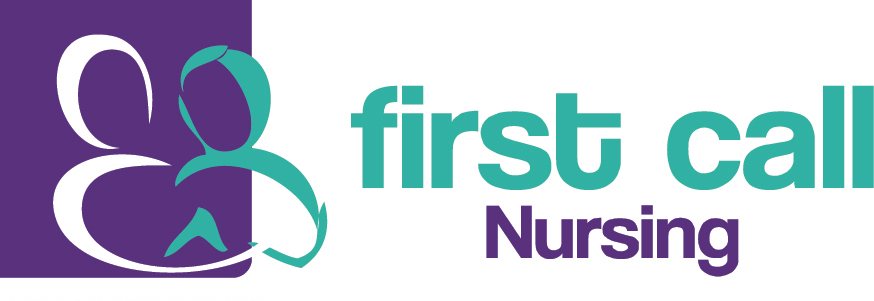People most at risk
Your risk of serious illness from coronavirus increases if you -
• Are aged 70 years or over
• Are aged 65 years or over and have a chronic medical condition
• Are an Aboriginal and Torres Strait Islander person aged 50 years and over who has a chronic medical condition
There is currently no cure or vaccine for coronavirus, or immunity in the community, so you need to protect yourself.
Protecting yourself
Good hygiene and taking care when interacting with other people are the best ways for you and your family to use against coronavirus. This includes -
• Covering your coughs and sneezes with your elbow or a tissue
• Disposing of used tissues immediately into a rubbish bin and washing your hands straight after
• Washing your hands regularly with soap and water for 20 seconds, including before and after eating, after going to the toilet, and when you have been out to shops or other public places
• Using alcohol-based hand sanitisers (60% alcohol)
• Cleaning and disinfecting any surfaces you may have touched
• Staying 1.5 metres away from other people
• Staying at home and avoiding contact with others
• Avoid any non-essential travels
• Consider having the chemist deliver your medicines
• Consider having your groceries and essential items delivered to your home
Symptoms
Symptoms include (but are not limited to) fever, a dry cough, tiredness, a sore throat and difficulty breathing.
If you develop mild symptoms of COVID-19 -
• Isolate yourself from others at home and use a separate bathroom, if possible
• Use a surgical mask when around other people. If you don’t have a mask, practise good sneeze/cough hygiene
• Washing your hands regularly with soap and water for 20 seconds, including before and after eating, after going to the toilet, and when you have been out to shops or other public places
• Call a doctor and tell them about your symptoms and whether you have had contact with someone diagnosed with COVID-19
Assistance with food and meals
If you are not registered with My Aged Care and are 65 years old or over, you can phone My Aged Care on 1800 200 422. They will ask you some questions to help you register and the services can be set up quickly for up to 6 weeks without the need for an assessment.
If you are already receiving aged care services, as a provider, we can assist you with access to regular food supplies and prepared meals or you can call My Aged Care on 1800 200 422 and they can refer you directly to these services in your local area.
How to seek medical help
If you have used the symptom checker and it advises you should seek help or get tested, you should call your GP or local hospital (don’t show up without calling first).
Prioritise online grocery ordering
The Department of Health have worked with a number of grocery suppliers, including Coles and Woolworths, on priority access to their online and telephone shopping service for older and vulnerable people.
If you are registered with My Aged Care, you can provide your My Aged Care ID number to access priority delivery.
If you are not registered with My Aged Care and you are 65 years or over, you can call My Aged Care on 1800 200 422. My Aged Care will ask you some questions to help you register.
Resource - https://www.health.gov.au/news/health-alerts/novel-coronavirus-2019-ncov-health-alert/advice-for-people-at-risk-of-coronavirus-covid-19/coronavirus-covid-19-advice-for-older-people





